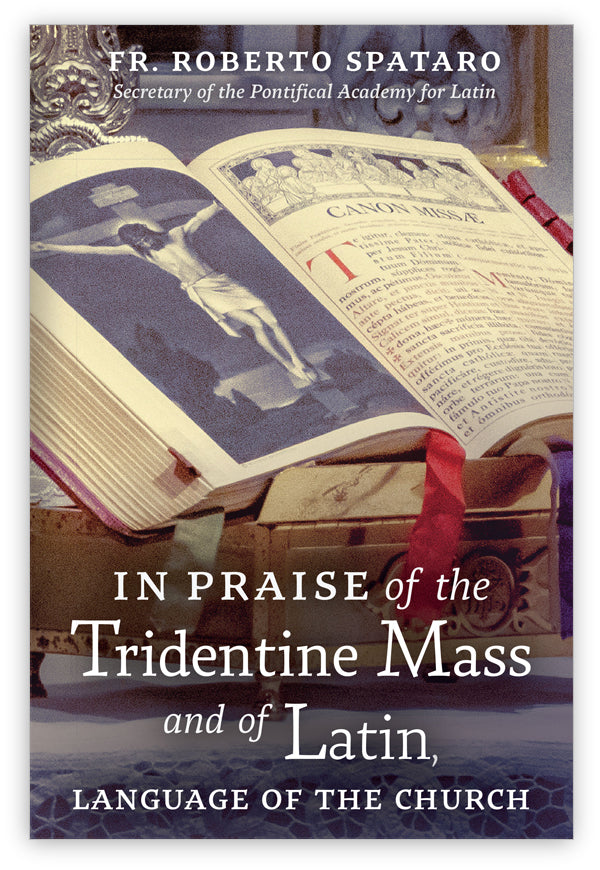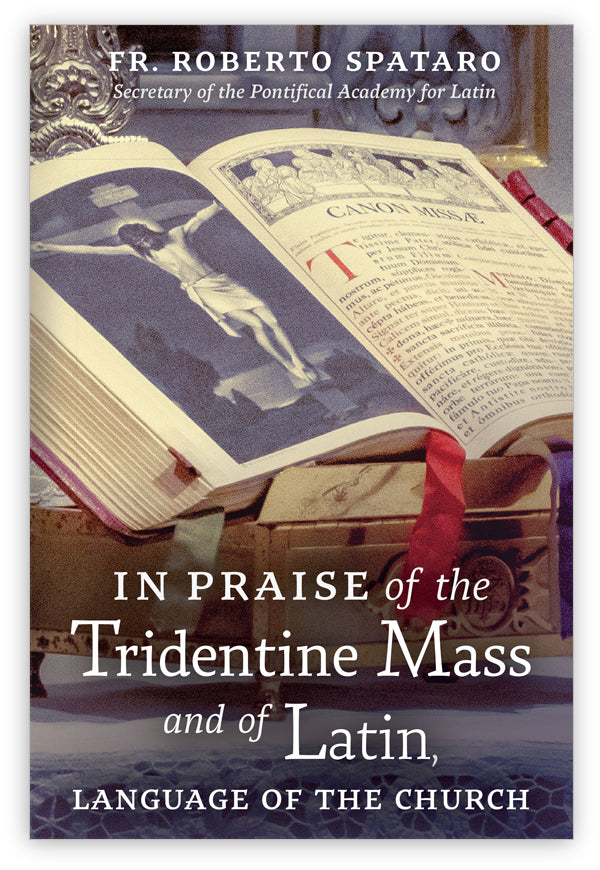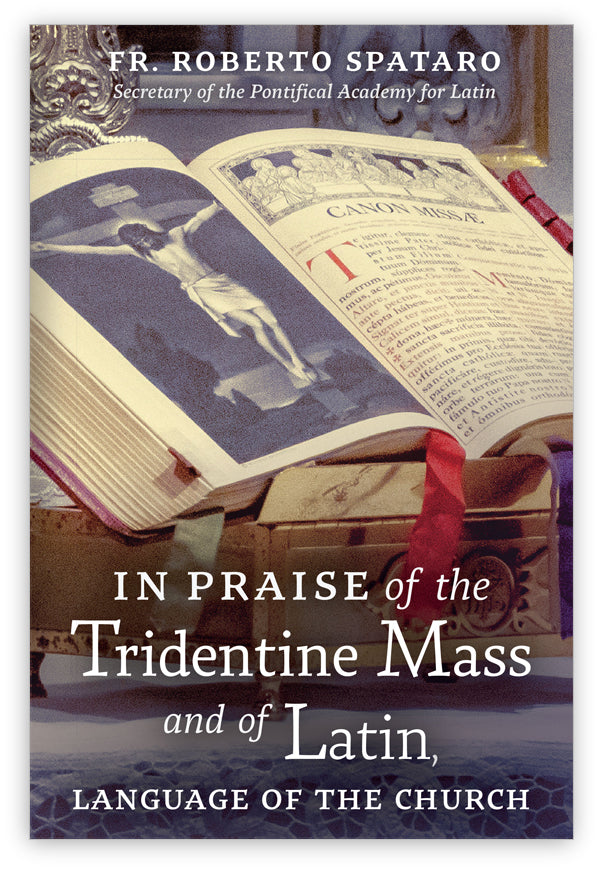
Full Description
About the Book
In this new work, Roberto Spataro shows how Pope Francis’s call for “joyful evangelization” finds a ready answer in an unlikely place: the august forms of the ancient Latin liturgy and the unchanging character of the Latin language. He shows how Latin, with its concise formulae and rigorous precision, has been the medium of Catholic—and indeed Western—intellectual life in the past and retains the power to bring unity and coherence to Catholicism in the future. With colorful images and copious examples, Spataro argues that the Latin Mass and its handmaid, the noble Latin language, which have served missionaries in the most varied and dire circumstances, might again be the most effective tools in the Church’s workshop for reevangelizing a fragmented world. In his foreword, Cardinal Burke notes that Latin is the key to an adequate knowledge of Roman Catholic history, liturgy, theology, and canon law. Also included is a detailed introduction by the renowned Latin educator and lexicographer Patrick Owens.
Praise
About the Author



